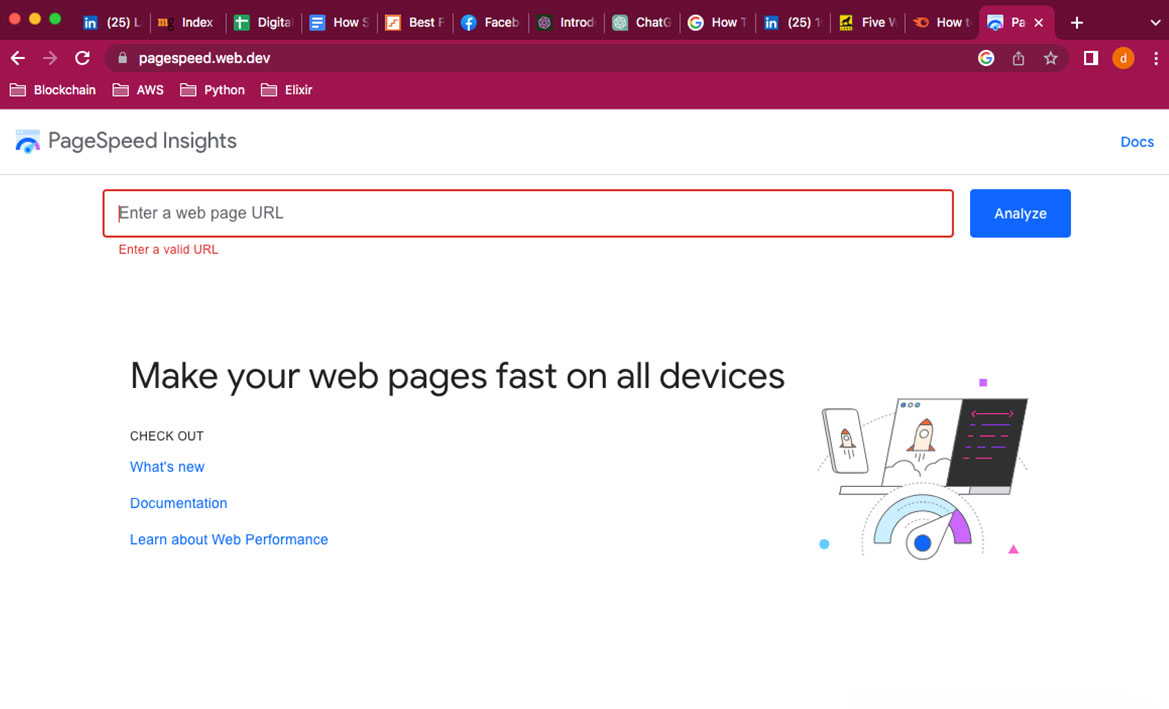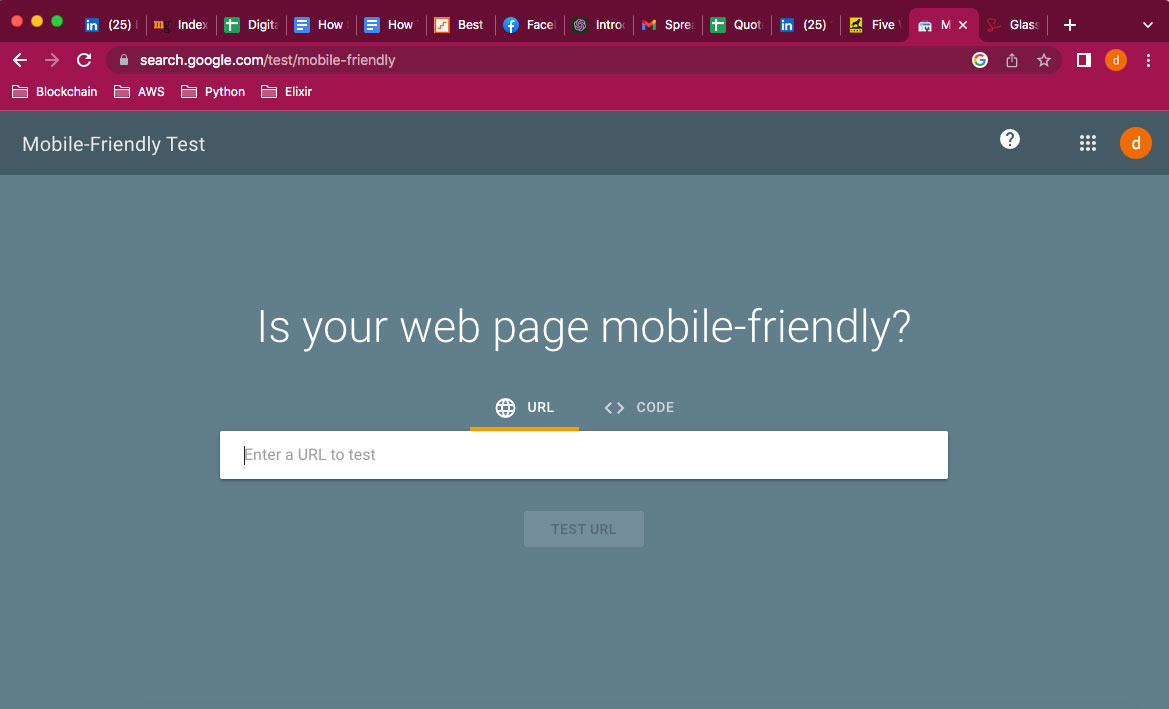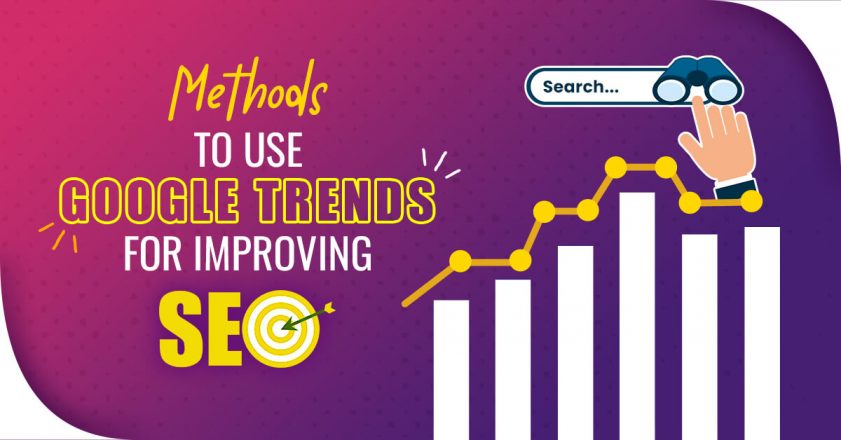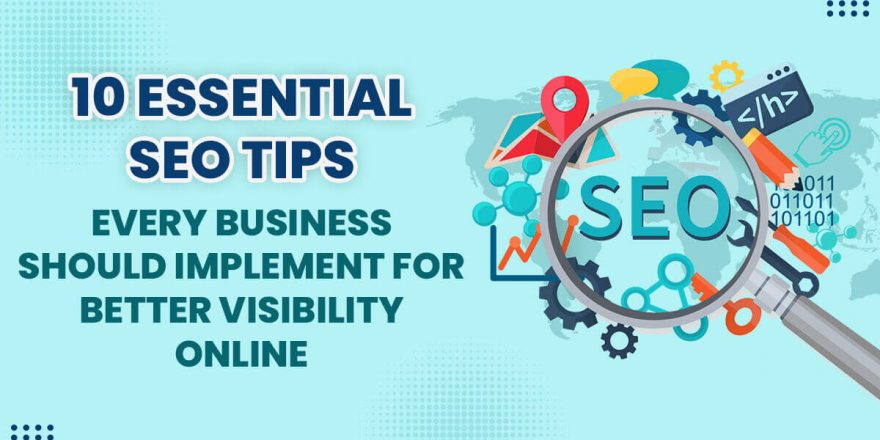In today’s digital landscape, having a strong online presence is essential for the success of any business or organisation. One of the key factors in establishing a robust online presence is a high search engine ranking. When your website ranks well in search engine results, it attracts more organic traffic, improves visibility, and boosts your overall online reputation. In this blog, we will explore nine proven ways to boost your website’s search engine ranking.
Produce High-Quality, Relevant Content
The foundation of a successful SEO strategy is high-quality, relevant content and there is no substitute for it. Search engines prioritise websites that provide valuable information to users. Quality content specifically created for the target audience attracts site traffic and enhances its relevance. Create content that is well-researched, original, and engaging. Identify and incorporate target keywords naturally within your content page to improve its visibility in search engine results.
Apart from page URL, title, and headings, quality content is highly important on search engine rankings. It is important to repeat your keywords many times throughout the page. However, remember that the best content is written for target users, not for search engines.
Optimise On-Page Elements
Optimising your website’s on-page elements is crucial for better search engine rankings. Focus on optimising meta tags, including title tags and meta descriptions. These elements should accurately describe the content of each page and incorporate relevant keywords.
Enhance Website Speed and Performance
Website speed and performance significantly impact user experience and search engine rankings. If the website loads slowly, it can increase bounce rate and reduce the chances of conversions.
Optimise your website’s loading time by compressing images, minifying code, and leveraging browser caching. Ensure your hosting server can handle the traffic and consider using content delivery networks (CDNs) to distribute your content across multiple servers. You can check your website’s speed on Google’s Page Speed Insights for both desktop and mobile.

Build a Strong Backlink Profile
Backlinks remain a vital ranking factor in search engine algorithms. Earn high-quality backlinks from reputable websites to increase your website’s authority. Guest blogging, creating shareable content, and reaching out to influencers or industry experts for collaborations are effective ways to build a strong backlink profile.
Optimise for Mobile Devices
According to the latest studies, 4 out of 5 people access the internet from their mobiles. With the increasing use of mobile devices, optimising your website for mobile is critical. Implement responsive design to ensure your site adapts seamlessly to different screen sizes. Mobile-friendly websites have higher chances of ranking well in search engine results.
You can check if your website is mobile-mobile-friendly by taking Google’s Mobile Friendly Test. However, there are chances that you may pass the mobile test but there are issues in loading speed with mobile devices. Thus, if your site loads slowly on mobiles, it is not mobile-friendly and you need to work on the speed issues.

Improve User Experience (UX)
Search engines value websites that offer a positive user experience. Enhance your website’s UX by improving navigation, minimising page errors, and providing clear and concise content. Optimise your site for easy accessibility and ensure it is compatible with different browsers.
Leverage Social Media
Local SEO is a strategy that helps your business to be visible in local search results. If you have a physical business location, implementing local SEO strategies is essential. Register your business on Google My Business, optimise your website for local keywords, and encourage customers to leave reviews. Local search algorithms prioritise relevant results, increasing your visibility to local users.
Ideally, when users search for a term related to your business, your business should appear in search results. Here’s a list of few tasks you can do to optimise for local search:
- Ensure your contact address and number is consistent, else edit Google business listing.
- Keep adding posts or offers to your Google Business Profile.
- Optimise websites with local keywords.
- Reply to reviews and feedbacks.
- Create or update your location pages for websites.
Monitor and Analyze Performance
Regularly monitoring and analysing your website’s performance is crucial for identifying areas for improvement. Utilise web analytics tools, such as Google Analytics, to track your website’s traffic, user behaviour, and conversion rates. This data will help you refine your SEO strategies and optimise your website accordingly.
Bottom Line
Achieving a high search engine ranking is a continuous process that requires dedication, patience, and staying up to date with the latest SEO trends. By implementing the nine proven strategies mentioned above, you can improve your website’s search engine ranking and increase its visibility to your target audience. Remember, SEO is not a one-time task; it requires ongoing efforts and adaptation to stay ahead in the competitive online landscape.





